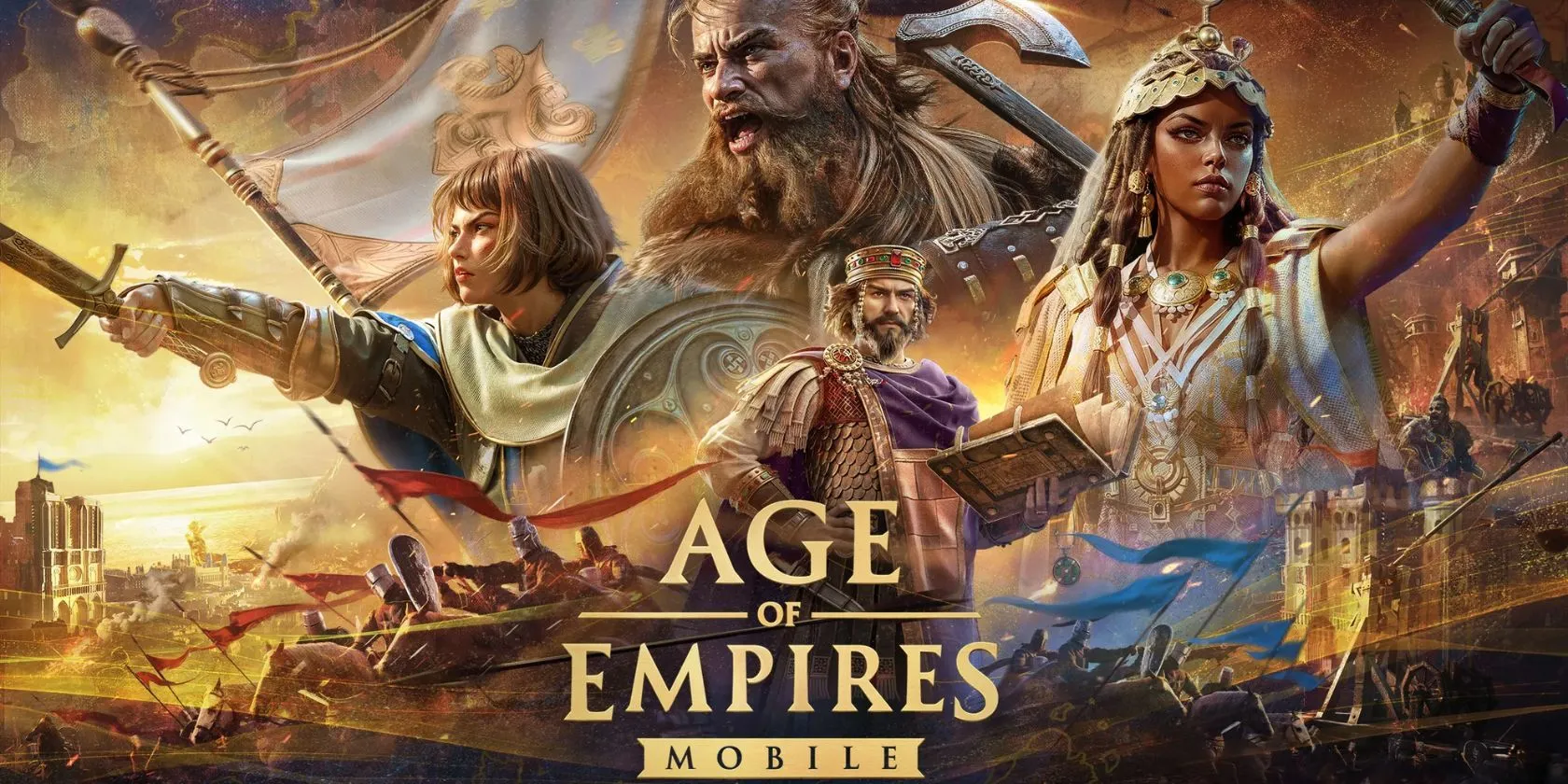Zagorath
Formerly /u/Zagorath on the alien site.
- 352 Posts
- 2.55K Comments

 3·1 day ago
3·1 day agoIs this some joke that’s three levels deep and I’m missing, or are you actually calling it a tram?
Cos it’s a bus.
Oh damn, nice! I didn’t realise it was more than a one-off. Cows & Cows & Cows was such a classic back in the day.

 4·4 days ago
4·4 days agoI get the goal, but I think penalising deep kicks fundamentally goes against the point of the kickoff. The ability of the kicking team to give themselves as much room as possible to defend. And I’m not sure it’ll even accomplish the stated goal. What team is going to take a 6 tackle set caught at 25 m rather than a 7 tackle set caught in goal or at least behind the 10 m line? So they’ll give away the 7 tackle set and still have hits just as hard as before, negating the supposed safety benefit.
If they want to improve safety, maybe they could consider something like gridiron’s “fair catch” rule, but applied only on kickoffs. You get a 7 tackle set, but the other team gets to set up 10 metres from the spot before you play the ball. But if I’m being honest I don’t really like that idea either because it undermines the free-flowing nature of rugby league.
Omg it’s like Cows & Cows & Cows, but sheep.
I’m kinda tired of arguments that expect the minoritized group to not “radicalize” the majority group. Why is it on the people who are being oppressed to not offend people aren’t even necessarily oppressors? Honestly, this comment is tone deaf as fuck.
It’s respectability politics. The same as when people complain about climate protestors blocking roads etc. There’s a huge segment of society that cares more about avoiding any sort of conflict than achieving just outcomes.

 24·5 days ago
24·5 days agoIf you’re Australian, Bali.

 1·5 days ago
1·5 days agoYou’re not wrong, but Howard’s was a very different matter, because he started the institutional vilification of refugees by making the public aware of what was previously (to use Morrison’s language) on-water matters.
Wow, that was…something. Completely dumps the rhyming “ee”. If kids are having trouble with understanding elemeno, a better solution (IMO anyway, as someone who is not in any way an early learning educator) would be to just be more staccato with annunciating the l. m. n. o. peee.

 137·6 days ago
137·6 days agoNot really. Wikipedia is not a democracy. It would only take a handful of dedicated zionists to kick up a fuss to create the debate. The fact that it arrived at the right conclusion is a testament to Wikipedia’s editorial policies.
So does it no longer go to the tune of Twinkle Twinkle Little Star?
Oh very well done, you found the one dictionary that limits the definition of ball to spherical objects. That, unfortunately, makes that dictionary wrong, because a dictionary’s job is to describe language as it is used, and you’d be hard-pressed to find anyone in good faith who does not call the ball used in Australian football, American football, or the two rugby codes, a ball. Oxford does a much better job:
a solid or hollow spherical or egg-shaped object that is kicked, thrown, or hit in a game.
And so does (unsurprisingly, since it has the tendency to be the most complete source for a lot of words) Wiktionary:
An object that is the focus of many sports and games, in which it may be thrown, caught, kicked, bounced, rolled, chased, retrieved, hit with an instrument, spun, etc., usually roughly spherical or ovoid but whose size, weight, bounciness, colour, etc. differ according to the game
The history is actually interesting. The story you told is one I’ve heard before and at one point believed myself (though I’ve never heard someone take the inflammatory tone of calling it “cheating”, so much as it usually being described as him being so wrapped up in the heat of the moment). But it’s not quite right.
The truth is that prior to the mid 19th century many different forms of “football” were played across England, and whenever teams from two different areas wanted to play each other they would have to agree on a set of rules. It may have been sort of like how International Rules Football today is a compromise ruleset between Australian and Gaelic football. Then in the early to mid 19th century specific codes started to coalesce and become more standardised. Rugby has its first written standard ruleset in 1845, and what we know today as soccer followed shortly after in 1863 with the formation of the Football Association (from which soccer takes its name).
For a time between the formation of the FA and its first finalised Laws of the Game, rugby clubs remained members, but following a decision to remove the draft rules that would allow carrying the ball after “he makes a fair catch, or catches the ball on the first bound”, rugby and soccer went their separate ways and eventually evolved into the sports we know today. (Incidentally, while I knew the information from the previous paragraph already, apart from specific dates, this whole paragraph was entirely new to me in looking up those dates just now.)
The use of the term “football” for all these sports, incidentally, comes from the fact that they are propelled forward on foot, rather than on horseback as in polo, or with a racket as in tennis. The origins of football sports are so intermixed it is impossible to say that one inherently has a better claim than any other. I would certainly not claim an Englishman is wrong for calling it football. But in this country, it has always been soccer, because we have our own local football codes.
Tell me you have no understanding of the history of football sports without…
Also that you don’t know what the word “ball” means.
Zee, candy, cookies. All that American language creeping in shits me.
And yet we also see “football” being used more and more often to refer to soccer. The one time Australian culture and American culture should be in sync, some of us decided to copy the bloody poms.
America is the country’s short/familiar name. Like how the Commonwealth of Australia is just called Australia, the United Mexican States is called Mexico, and the Republic of China is called Taiwan.
Mexicans are americans.
No they aren’t.
Colombians are americans.
No they aren’t
Brazilians are americans.
No they aren’t.
In every country in the anglosphere, the word “America” is synonymous with “United States of America”. If you want to speak Spanish and talk about America as a single continent as I know is common in Latin American countries, go ahead. But that is not the way the English language is ever used by native speakers.
It also frankly doesn’t make sense. It’s based in the popular idea in Latin American countries that there are 6 continents, including one called “America”. I know the definition of “continent” is fuzzy and categorising them is ambiguous, but I maintain that the only sensible 6 continent model is one which merges Eurasia, relative to the 7 continent model. If you want to talk about the Americas as a single continent, the only way to do that without blatantly coming across as ridiculous is to have a 4 continent model containing Afro-Eurasia and America.
I don’t even think that’s remotely true.
I’ve seen two cases that actually directly impacted my ability to use Firefox. I can only presume there are many more. Those being supporting the column-span CSS property (available since 2010 in other browsers with vendor prefix, and early 2016 without, while being late 2019 for FF) and supporting iPad OS’s multi-window functionality (introduced mid 2019, Firefox has had it for just a handful of months now). I have first hand experience telling me very directly that this is true.
There’s also been a lot of talk about Firefox’s lack of support for PWAs. I’ve not experienced that myself to be able to comment more than to say I’ve noted others have complaints.
The point is that with open source you can effectively leech off of Google for now, while still retaining the flexibility to nope out and do your own thing at any point you decide.
Considering just how severely behind they are already (as I mentioned in my other comment, they’re often 3–5 years behind other browsers in implementing new web standards or operating system features), I see anything they can do to reduce how much they need to maintain independently as a good thing. In an ideal world where they had all the funding and development power they could want I might say sticking with the completely independent Firefox would be great. But that just isn’t where they’re at today.


















It’s an 11 minute video in which roughly one minute is that, albeit with a bit more meat to it (explaining what the motivation between the misleading name may have been).